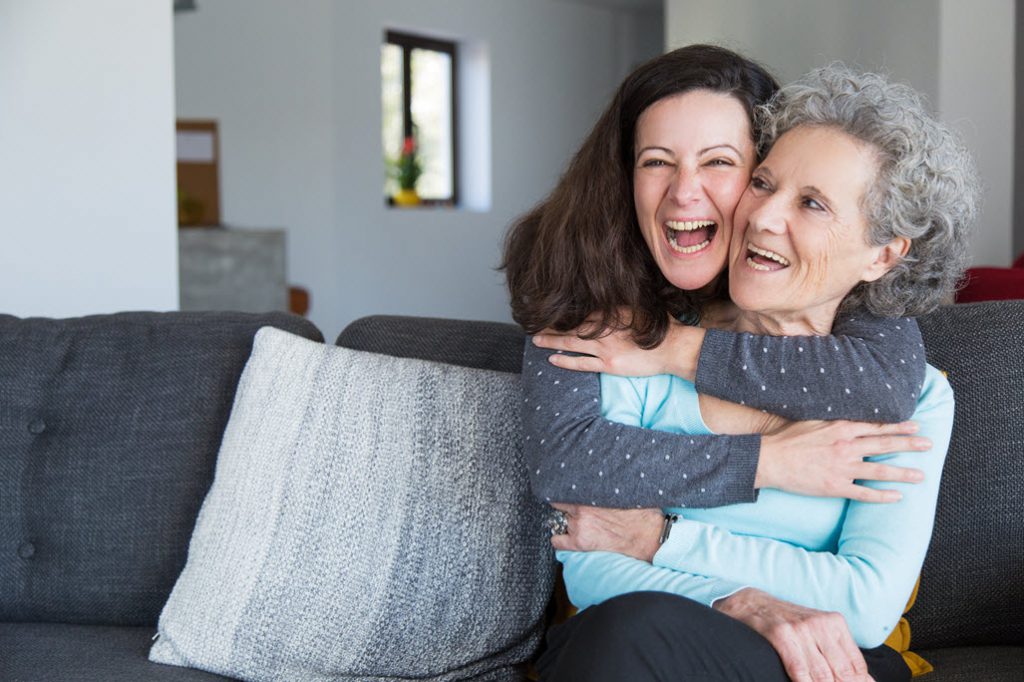Lifestyle

Smoking rates in Australia have fallen by nearly 10 percent in the last 20 years, thanks to wider awareness of the habit’s negative impact on our health and wellbeing.
Although more people are quitting, it can be a difficult process – and it can be tempting to reach for cigarettes when you feel anxious or when experiencing cravings.
“Smoking is what is known as a ‘chronic, relapsing condition’ so it is common for people who quit to have a slip up and start smoking again,” says Dr Sarah White, director of Quit Victoria.
“A key reason is that people who have stopped smoking haven’t worked out strategies to manage their triggers to smoke. They might have overcome the nicotine withdrawal period, but seeing people around them smoke, feeling stressed or just being bored can be triggers that make them slip up.”
Even if you relapse, it’s important not to be put off trying. With the advice and tips below, as well as external support, it’s possible to quit smoking for good.
The risk of starting smoking again is higher in the first few weeks of quitting. During this time, it’s key to remember the impact cigarettes have on your health.
Dr White says the benefits of quitting for good are huge. “There are almost immediate improvements in things like taste, smell, blood pressure stabilisation and – over the long term – substantial reductions in the risks of heart disease, cancer and respiratory diseases,” she says.
“Then factor in thousands of dollars saved, and things like no more stained fingers and stained teeth or smelly clothes, and you’re on a real winner,” Dr White adds.
Thirty percent of all strokes in people under 65 years of age are caused by smoking, according to Quit Victoria. Eighty percent of lung cancer cases are due to smoking and it can also cause Type 2 Diabetes.
Although many people turn to cigarettes when they are stressed, research has shown stopping smoking can actually reduce stress levels and improve your mental wellbeing.
A crucial part of quitting smoking is to build motivation. Tips for getting off on the right track include:
E-cigarettes allow you to inhale nicotine but don’t produce tar and carbon monoxide – two of the main toxins in conventional cigarette smoke. Although the vapour from e-cigarettes contains some potentially harmful chemicals, it is at much lower levels.
Some people say using e-cigarettes has helped them cut down the number of cigarettes they smoke, but more evidence is needed to find out if the devices can help you quit.
Becky, 28, says switching to e-cigarettes two years ago was “easier than expected” and she “can’t stand the smell of cigarettes now”.
“The only downside to using an e-cigarette, is that it’s hard to put down, I don’t really feel that I’m smoking less,” she adds.
However, Dr White says there is not conclusive evidence e-cigarettes can aid quitting.
“This is why Australia’s independent National Health and Medical Research Council has called for caution on the promotion of e-cigarettes and why the Therapeutic Goods Administration has not supported their use as a therapeutic device,” she says.
Dr White says there needs to be “more of what works in Australia” to drive down smoking rates, including hard-hitting anti-smoking adverts and price increases for cigarettes.
Whether it is improving your health or having more money, there are endless benefits when you quit smoking. And if you’re struggling, you don’t have to go it alone – the Quitline (137 848) has trained specialists who can offer support when you need it.